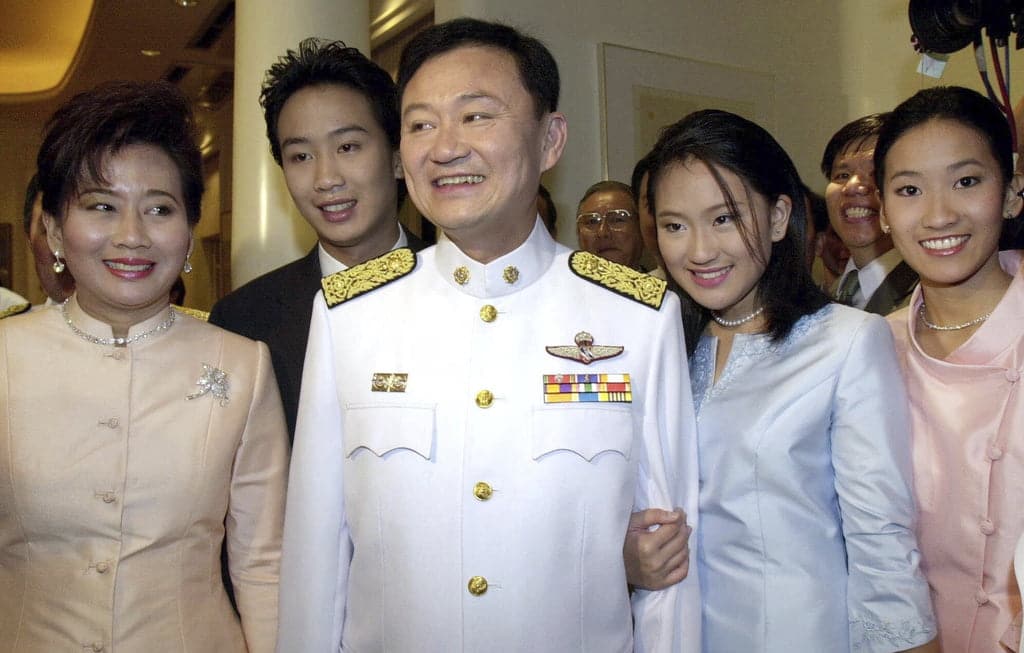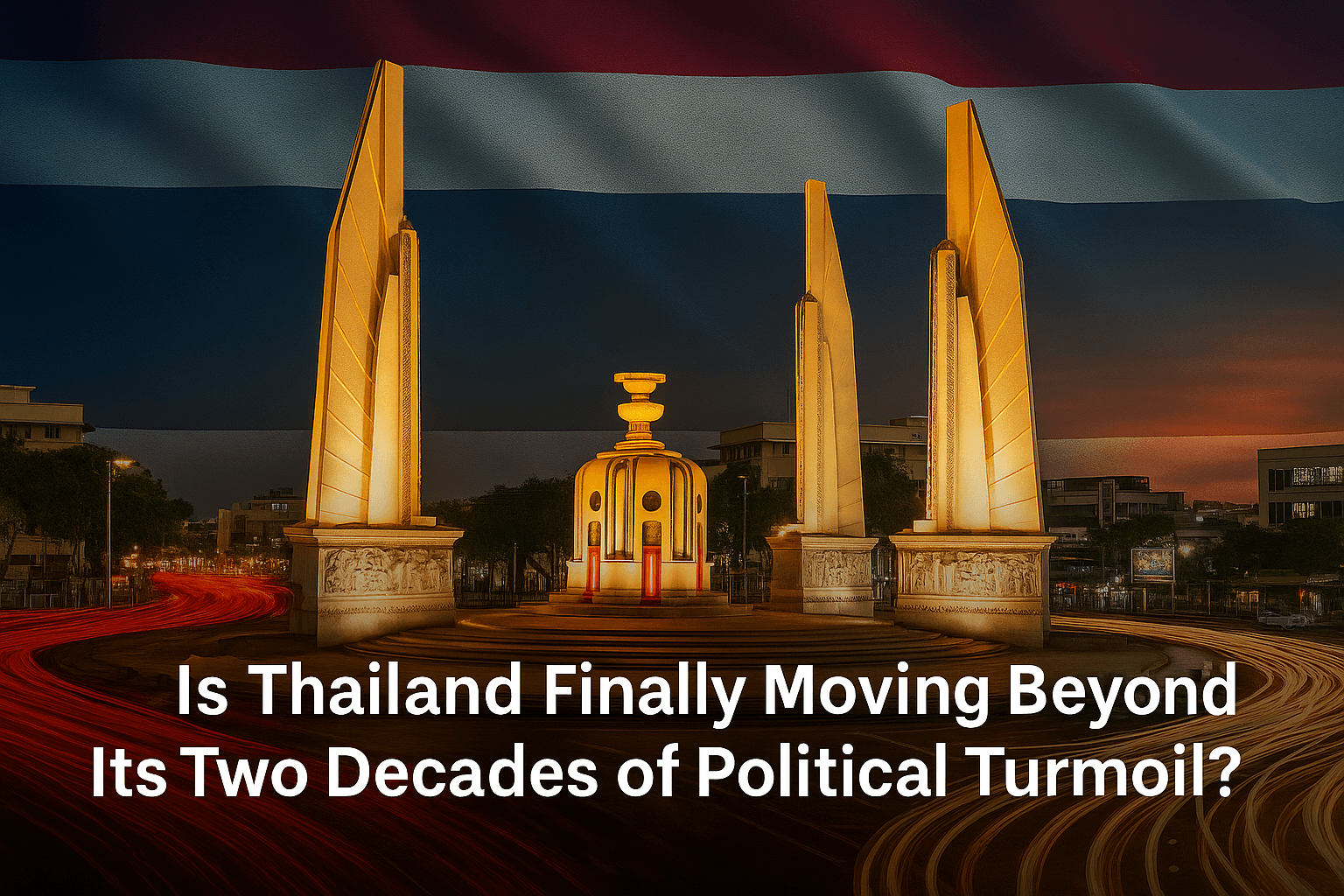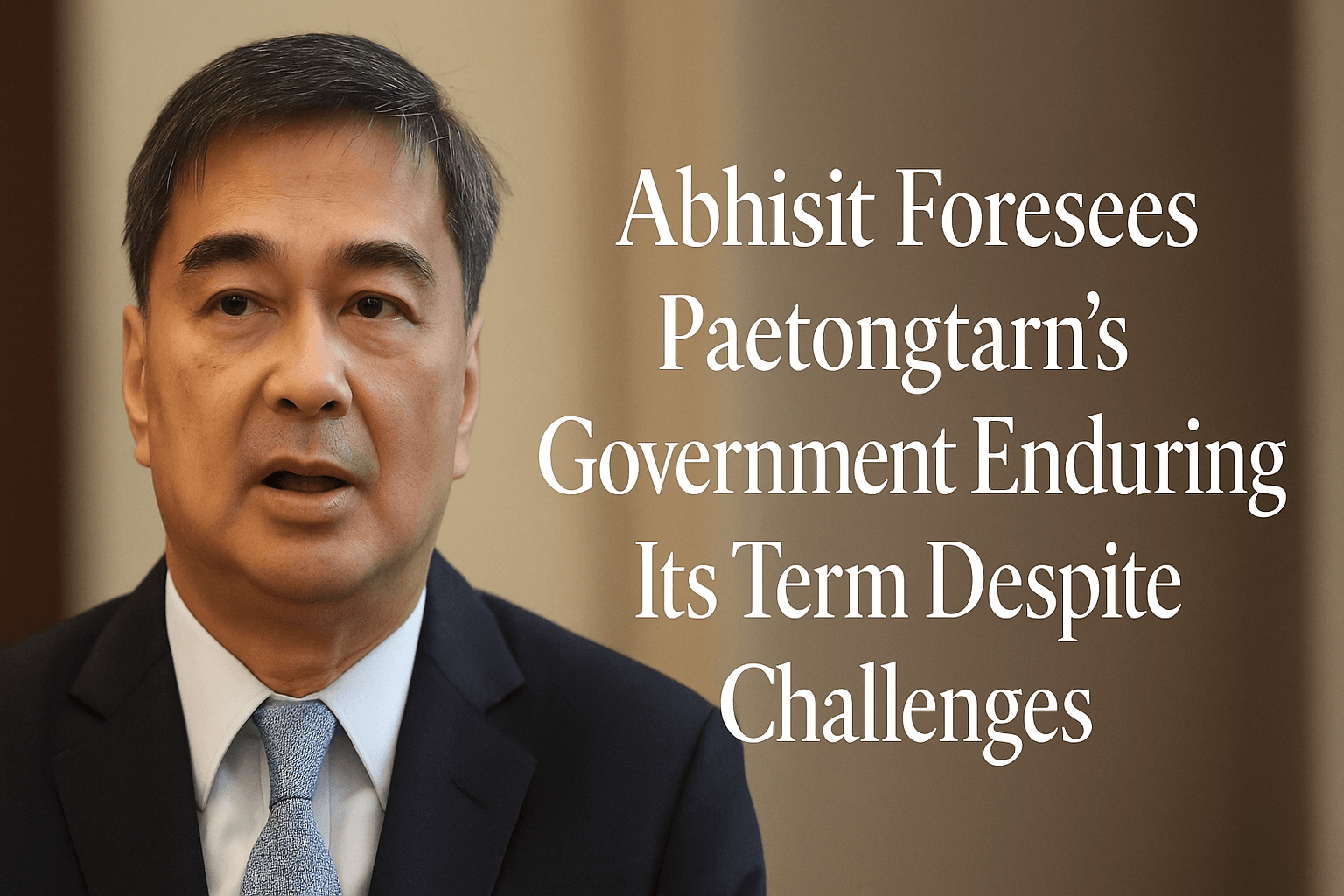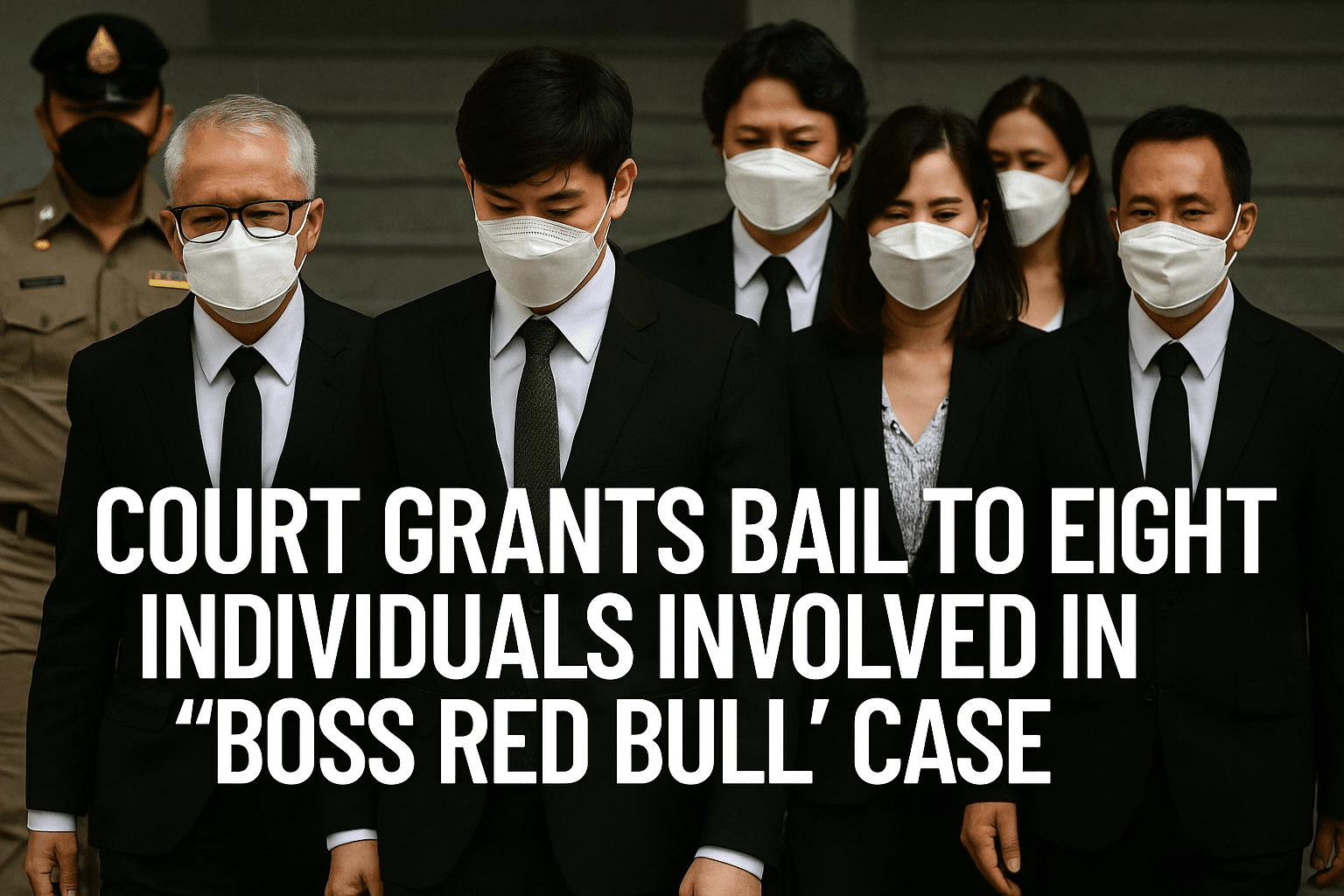PM Paetongtarn Shinawatra, a longtime rival of the Democratic Party and a coalition partner of the new government, urged people on Thursday to look to the future and put the painful past behind them.
The new prime minister goes on to say that since the Democratic Party’s old guard is no longer in power, the populace—particularly her supporters and pro-Thaksin redshirts—should move on. This is true despite the fact that many of the 99 people killed in the 2010 crackdown on redshirt protesters were attempting to topple the Democratic government, which was led by Prime Minister Abhisit Vejjajiva at the time. There have been claims that the Democratic Party has changed over time. This is partly true.
Abhisit resigned as both the leader of the Democratic Party and the leader of the conservative-royalist party in 2019 after his party lost the general election and other party leaders decided to join the coalition government led by Gen. Prayut Chan-o-cha, the then-junta leader. This is in spite of Abhisit’s declaration to the public just prior to the election that his party would never form a coalition government with pro-military parties.

Thaksin and his family (Photo -Wikipedia)
Even though this author would like to see Thailand overcome its two decades of political animosity and division, where Thaksin Shinawatra and ultra-royalist factions are at odds all the time, this is unlikely to happen anytime soon for the reasons that follow.
First, neither side of the political divide has been held responsible for the deaths or incarceration of some families of protesters who were killed in the streets. These relatives are still seeking closure or justice.
Second, for those who are prepared to move on, remember that although this may seem like a big step toward the reconciliation of the Democrat and the Pheu Thai, two long-standing political rivals, it was actually a very public humiliation and punishment of the party’s old guard and ardent anti-Thaksin supporters, who were present in Bangkok but mostly from the southern region.
Chuan Leekpai, the former Prime Minister, House Speaker, and leader of the Democratic Party—possibly the party patriarch—was publicly humiliated and physically ejected by the current party leadership, led by Chalermchai Sri-on, as the party moved forward to join the coalition headed by Pheu Thai. Chuan had warned that since the party’s voters are allegedly and clearly opposed to the Pheu Thai Party and the Shinawatra clan, the party is literally breaking its promise and its loyal supporters.
Therefore, the action can be seen as a ploy by Paetongtarn and her father, Thaksin, to humiliate and punish the establishment and their longstanding enemies, particularly Chuan Leekpai and Abhisit, and to destroy the party by essentially turning the Democratic Party into a puppet organization run by a new coalition led by Pheu Thai in exchange for two Cabinet seats held by the current DP leaders.
The future of the Democratic Party seems more uncertain than ever. Some of the current MPs may even run for office in the future under the Pheu Thai banner, though it’s unclear what they currently support. It could lead to the dissolution of Thailand’s oldest party.
Third, although there are still many political differences, the opposition People’s Party has become the fiercest rival of the Paetongtarn/Thaksin government, the royalist conservatives, and the Pheu Thai Party. As early as this week, a prominent Thaksin propagandist claimed that the People’s Party, which was a resurgence of the now-defunct Move Forward Party, was the “new” Democratic Party and the enemy of Thaksin and the Pheu Thai Party supporters.








